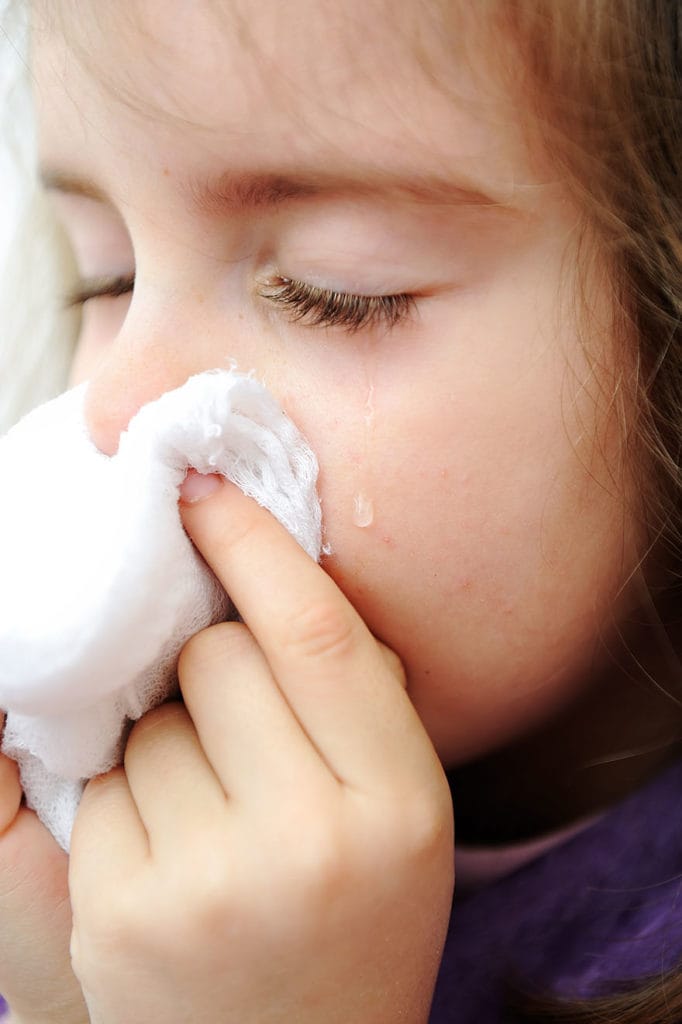Allergies are caused by certain things in either the environment or the food we eat. One of the more common types of allergies is an allergy caused by drugs. Some of the reactions are severe and you will need to visit an allergy center for treatment. Here is everything you need to know about drug allergies.
What Is A Drug Allergy?
Drug allergy, also known as drug hypersensitivity is a type of allergic reaction caused by a drug or medication. The trigger in these types of allergies is usually a salt or compound found in most medicines. This is a common type of allergy found in many people.
The allergic reaction may be caused by herbal medicine, prescription drugs, or any type of medicine. The immune system is triggered and is not able to fight the reaction, which in turn causes symptoms to occur. Then these symptoms may be treated according to their nature and the effect of the allergy may be alleviated.
Causes Of Drug Allergies
The natural mechanism of an allergic reaction is initiated by a trigger. This trigger may be anything, from something in the air, like dust, pollen, hay, small fibers, from pets like their hair or fur, or it may be due to a food component. With drug allergies, however, the main trigger is the compound found in medicines.
Your immune system, if compromised and easily triggered by the medical component or drug, will try to fight this foreign invasion and will try to get rid of it. In turn, this might cause your body to become weak and different symptoms might show.
The main cause of drug allergy is the component present in different drugs. Some of the most common triggers in different drugs and medicine are:
- Insulin, which is normally administered to patients with diabetes
- Drugs that are used to treat seizures
- Antibiotics, like penicillin, etc. which are given in the treatment of infections
- Drugs or dyes given in x-rays, like iodine can cause allergic reactions
- Anticonvulsants can cause allergies
- Chemotherapy drugs
- Anti-inflammatory drugs
- Blood thinners, especially aspirin can lead to drug allergies
- Normal over-the-counter medication like ibuprofen, fever medication, etc. can cause problems with the immune system
Symptoms Of Drug Allergies
Common drug allergy symptoms are as follows:
- You may experience high-grade fever. This is usually the case when you take a medicine and the effects of the fever start to take over immediately.
- There might be a breakout of hives or red patches on the face. The breakout is mostly on the face, cheeks, and other body parts like the arms and legs too.
- You might experience shortness of breath. This is usually prevalent when you are taking a new cocktail of drugs, like a chemotherapy drug of sorts.
- Blocking of the nose and throat and might lead to difficulty in breathing or swallowing.
- Your chest might feel constricted and tight and it can be an extremely uncomfortable feeling.
- Because of shortness of breath, you might wheeze a lot.
- There may be itching on different parts of your body.
- You might be feeling dizzy or lightheaded and this might be right after taking a certain medication or it may take place after some time.
- Vomiting is also another common symptom of drug or medicine hypersensitivity. It might be accompanied by nausea and loss of appetite.
Anaphylaxis
This is a very severe case of symptoms, as far as allergies are concerned. It is the sudden stopping of breath and this can be a medical emergency for a lot of people. The most effective way of dealing with anaphylaxis is taking the patient to emergency treatment.
Time is of the essence in anaphylaxis and the action should be quick and effective. Usually, shots are administered which calm the patient down and bring the breathing back to normal. This can’t be done at home, so make sure you get to a hospital immediately.
Conclusion
There you have it! Drug allergies are most common in people who take a lot of different medications. It’s important to understand the symptoms and causes of this allergy so that you can treat it. And find allergy doctor to have the diagnosis done and begin the treatment.


